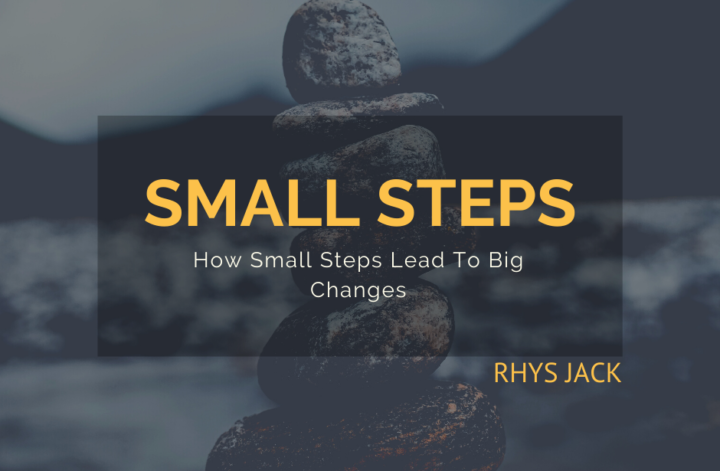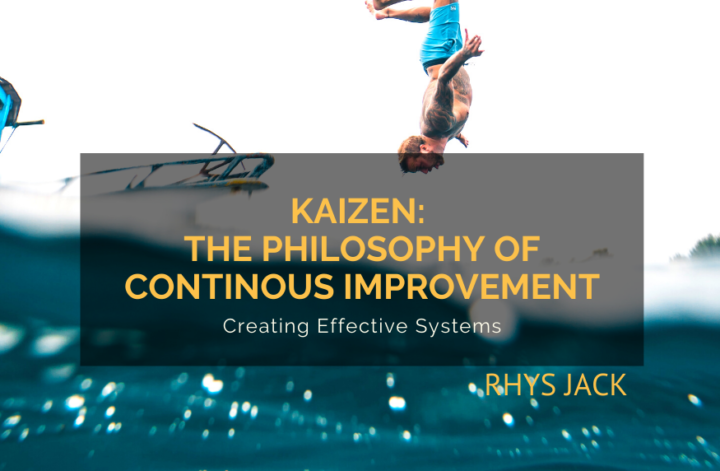What would Kobe Bryant’s career have looked like if he didn’t have a mentor in Michael Jordan?
Well, no doubt he would have achieved an enormous amount, but Kobe continually acknowledged throughout his career and life that Jordan’s presence as a mentor and friend played a huge role in much of his success.
Speaking about this relationship, Kobe once said.
“When I came to the league and matched up against him, what I found was that he was extremely open to having a relationship, a mentor relationship, and giving me a great amount of advice and an amazing amount of detail, strategies, workout regimens and things like that. I don’t think people really understand the amount of impact that he’s had on me as a player and as a leader.”
Mentor relationships like Kobe and Jordan’s have been around for thousands of years, from philosophers like Plato and his mentor Socrates to people like Oprah and her mentor Maya Angelou, a mentor can play a huge role in the realisation and fulfilment of a person’s full potential.
Oprah first met Maya Angelou when she was working as a reporter in Baltimore in her 20’s. She interviewed her for 5 minutes and the pair parted ways. But they reconnected years later when Angelou passed Oprah in the street and stopped and said hello.
From that moment on a great friendship and mentorship started, which lasted for the rest of Angelou’s life. Reflecting on this relationship Oprah said;
“I’ve been blessed to have Maya Angelou as my mentor, mother, sister and friend since my 20’s. She was there for me always, guiding me through some of the most important years of my life. The world knows her as a poet, but at the heart of her, she was a teacher. ‘When you learn, teach. When you get, give’ is one of my best lessons from her.”
Mentors provide their experience, their guidance, their knowledge and their wisdom in a way that has a lasting impact on an individual.
In my own life, I’ve been lucky to have some great mentors who I keep in touch with on a regular basis, to talk about subjects like business, finances, family, or sport, and to get an idea of their own experiences and thoughts when I feel there are questions they can give me guidance with.
But how do you find a mentor who can help you get to the next level in the field you want to improve in?
There are no real rules to mentorship, but below are some lessons I’ve learnt about how they can develop, and how that relationship can be both rewarding and helpful.
Mentors are Informal
Like Maya Angelou passing Oprah in the street and saying hello, mentorships develop naturally and from a shared enthusiasm for a particular subject or common experience – it could be your career, your sport or any other area of life you are passionate about.
It’s an experience or passion that is shared and passed on from the mentor to the mentee and it occurs without having to be forced.
When Kobe Bryant first matched up against Michael Jordan in 1997 he stood beside him on the court and asked him how he had made a particular turnaround jump shot. He reached out with a thirst for knowledge that showed he wasn’t willing to wait until after the game to ask Michael about it. He had to know how he did it, right then and there.
Jordan recognised that hunger because it was something he had in himself. So he gave Kobe a detailed response, and from that point on, Kobe continued to reach out, for the rest of career, and life after basketball, always eager to soak up as much as he could from Jordan and apply it to his own experience.
In order to have a mentor, you first have to reach out, to show your passion for a subject, as well as your respect for their skills, and let them realise you are someone they want to help.
Mentors Want to Share Their Experience
When Kobe asked Michael about his turn-around jump shot, Jordan could have looked at Kobe and said ‘get lost kid,’ and that would have been that.
But he didn’t, he immediately sought to teach, and pass on the knowledge he had. From that moment on the court, Jordan opened the gates for Kobe, giving him his knowledge and thoughts on the game and life. Guiding him to become the best he could be.
That’s an important element of any mentor – they must want to share their knowledge and experience because they know it’s a valuable thing to share.
Mentors Operate on Different Levels
Mentors have attained a degree of success or experience in the field that we want to improve in. They know the roadmap to get there.
But mentors are different to coaches. A coach can work with you for a season, or a short space of time and work on the specifics of your game or skills you want to improve. Whereas mentorships stretch out over many years, and across many areas of life.
Oprah talked with Maya Angelou on many topics, and shared many of those conversations and lessons in her magazine, whether it was an interview or a recipe or a story, she wanted others to be able to share in the wisdom and experience of her mentor in whatever way that came across.
There’s no rulebook for a mentor, they are there as a guide and provide as much or as little guidance they feel necessary in any area, in order to help you to reach your potential.
Mentors Challenge You
Because mentors have been along the path you are on, they know that challenge is an important part of the journey.
In the Netflix documentary the last dance, Kobe recalled talking to Jordan about leadership, about how to motivate his own teammates, about losing championships and about his legacy.
He remembered Jordan responding to him by saying,
“Nobody’s going to look at it and say, OK, you lost because that person had a bad attitude. Nobody’s going to say that. They’re going to say that you weren’t able to get it done. So, you have to figure it out. Come hell or high water, you’ve got to figure it out.”
A mentor isn’t there to give you all of the answers, to give you the keys to the castle, or make things easy for you. They know challenge plays an important role in any success, and that there are some things you just need to figure out for yourself.
Good mentors give just the right amount of guidance without telling you everything, they give you what you need, instead of what you want, guiding you to realise what you are capable of, and then letting you realise your own path.



